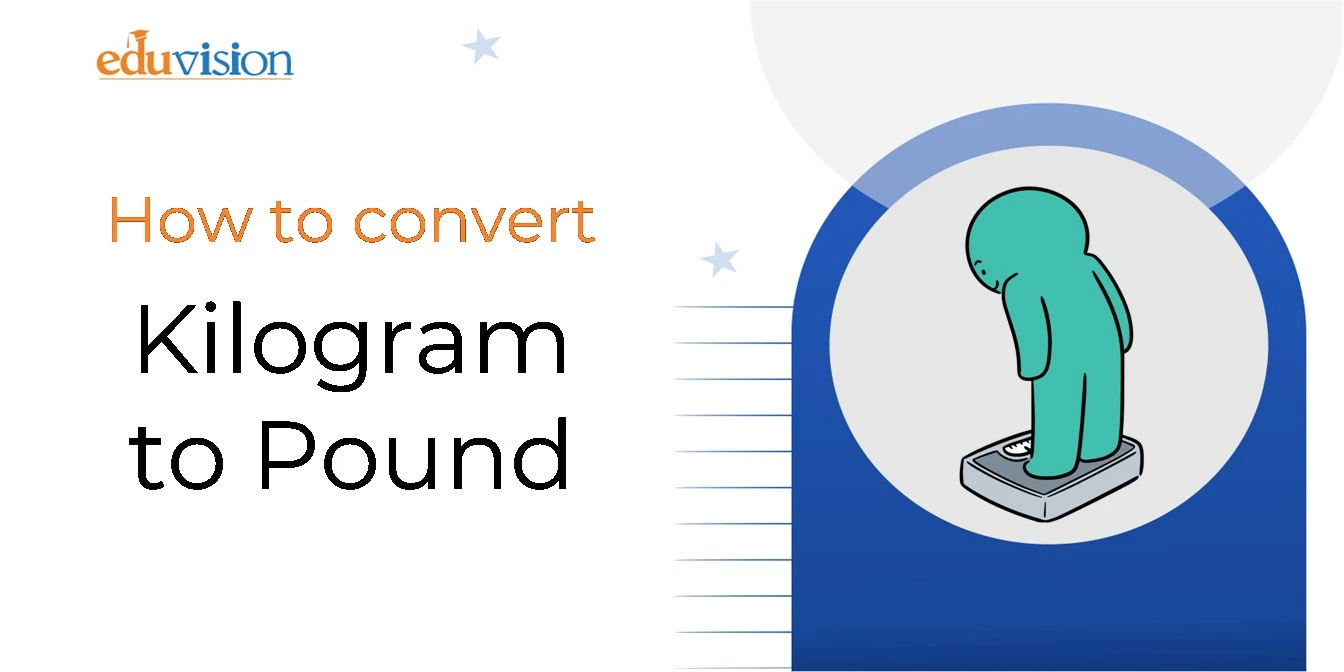Kilograms and pounds are the most common units for measuring weight. These units are an important part of your daily life. Be it airports, hospitals, markets, or at home, measuring weights is an essential component of human life. That makes it necessary for anyone to understand these units and learn how to use them interchangeably. Let’s learn more about these units and how to convert them.
The History of Kilograms and Pounds
Kilograms; The metric system of international measuring standards originated during the French Revolution in the late 18th century. Around this period the term ‘kilogram’ was introduced for measuring weights under the metric system. During these times inconsistent measures of weight were being used. The French Assembly recognized a solid cylinder as a unit of mass in 1791. Until 1889, an international prototype of the Kilogram was adopted. This kept being used till 2019 when the definition of kilogram was standardized. It is now defined as the mass of the international prototype of kilogram.
Pounds;The unit pound belongs to the imperial system of units. The term pound originated during the ancient Roman time period, in the age of medieval commerce. During this era, many rulers and merchants established reference pounds of weight which were based upon certain amounts of other substances. With its history dating back to these times, todays most commonly used pound is avoirdupois pound. It approximately equals 0.45 kilograms or 16 ounces.
FORMULAS FOR CONVERSION
Pounds and kilograms can be converted using simple formulas. Let’s see how.
Kilograms to Pounds
To convert kilograms into pounds, multiply the given number of kilograms with 2.20462.
Formula
Pound = (n) (2.20462) Ib
Example
Let’s covert 5 kilograms to pounds
Pound = (5) (2.20462) = 11,031 Ib
Pounds to Kilograms
To convert pounds to kilograms we simply divide the given number of pounds by 2.20462.
Formula
Kilogram = n/ 2.20462
Example
Let’s convert 5 pounds to kilograms
Kilogram = 5/2.20462 = 2.267 kg
Note: You shall also know that 1 kg is approximately equal to 2.20462 Ib. While 1 Ib is approximately equal to 0.45 kg.
DIFFERENCE BETWEEN KILOGRAMS AND POUNDS
|
Feature |
Kilograms |
Pounds |
|
System |
Metric (SI) |
Imperial/US Customary |
|
Symbol |
kg |
lb |
|
Base unit |
Mass |
Force |
Here’s a conversion table for kilograms and pounds,
|
Kilograms (kg) |
Pounds |
|
1 |
2.2046 |
|
2 |
4.4092 |
|
3 |
6.6139 |
|
4 |
8.8185 |
|
5 |
11.0231 |
|
6 |
13.2277 |
|
7 |
15.4323 |
|
8 |
17.637 |
|
9 |
19.8416 |
|
10 |
22.0462 |
|
11 |
24.2508 |
|
12 |
26.4554 |
|
13 |
28.6601 |
|
14 |
30.8647 |
|
15 |
33.0693 |
|
16 |
35.2739 |
|
17 |
37.4785 |
|
18 |
39.6832 |
|
19 |
41.8878 |
|
20 |
44.0924 |
|
30 |
66.139 |
|
40 |
88.185 |
|
50 |
110.231 |
|
60 |
132.277 |
|
70 |
154.323 |
|
80 |
176.369 |
|
90 |
198.415 |
|
100 |
220.462 |
FREQUENTLY ASKED QUESTIONS
-
What is the 3 am rule for converting pounds into kilograms?
Use any given number of weight and divide it upon 2.2 to get the weight in kilos. -
Which countries use pounds instead of kilograms?
Only three countries use pounds instead of kilogram which are United States, Liberia, and Myanmar. -
Is pound a derived unit?
No, the pound is not a derived unit. Pound is a base unit of mass -
How is a kilogram related to the weight of water?
One kilogram equals to one litre of water or 1000 cubic centimeters. -
What lab equipment is used to measure weight?
Various balances are used to measure weight with high precision and accuracy at laboratories across the world.





.webp)




